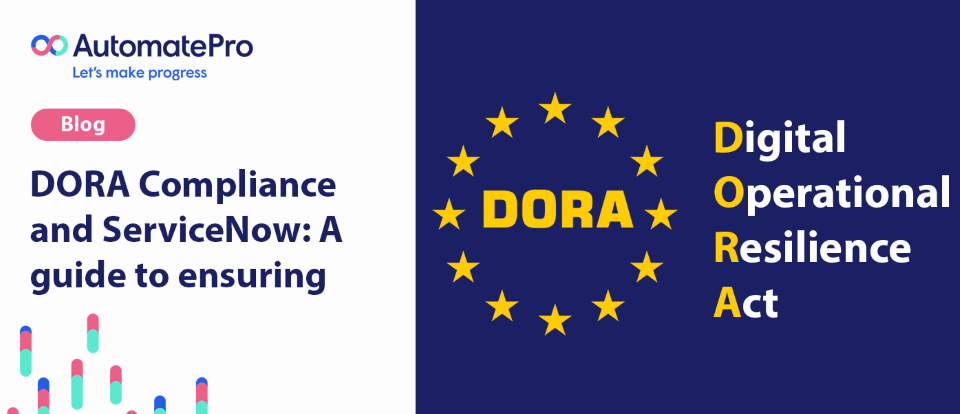
Create automated tests in seconds.
We use cookies to help you navigate efficiently and perform certain functions. You will find detailed information about all cookies under each consent category below.
The cookies that are categorized as "Necessary" are stored on your browser as they are essential for enabling the basic functionalities of the site. ...
Necessary cookies are required to enable the basic features of this site, such as providing secure log-in or adjusting your consent preferences. These cookies do not store any personally identifiable data.
Functional cookies help perform certain functionalities like sharing the content of the website on social media platforms, collecting feedback, and other third-party features.
Analytical cookies are used to understand how visitors interact with the website. These cookies help provide information on metrics such as the number of visitors, bounce rate, traffic source, etc.
Performance cookies are used to understand and analyze the key performance indexes of the website which helps in delivering a better user experience for the visitors.
Advertisement cookies are used to provide visitors with customized advertisements based on the pages you visited previously and to analyze the effectiveness of the ad campaigns.
Other cookies are those that are being identified and have not been classified into any category as yet.
3 min read
August 21, 2024
Digital technologies are revolutionising the financial sector, delivering unparalleled value to organisations of all sizes. However, the increasing reliance on these technologies has introduced significant ICT-related risks. To address the challenges, the European Union has introduced the Digital Operational Resilience Act (DORA) to bolster the cybersecurity resilience of financial institutions across the EU. With DORA set to take effect in under six months (17th January 2025), financial entities and third-party ICT service providers must act now to implement compliance strategies.
What is DORA, and why is it important?
DORA is an EU regulatory framework that aims to strengthen ICT security within the financial sector. It mandates that banks, insurance companies, and investment firms adhere to stringent rules covering ‘ICT risk management, incident reporting, operational resilience testing, and third-party risk monitoring’ (DORA) Compliance with DORA helps organisations avoid penalties and enhances the financial industry’s ability to combat cyber threats, data breaches, and system outages.

Digital Operational Resilience Act
The urgency for ServiceNow customers
DORA is critical for ServiceNow customers because digital workflows underpin their business-critical processes. During our recent webinar, co-hosted by experts Matt Kennedy, Mark Hambelton, and Anthony Hall delved into how financial entities can leverage Test Automation and DevOps to withstand, respond to, and recover from cyberattacks and system failures, ensuring operational resilience.
The Five Pillars of DORA Compliance
To help simplify compliance, DORA has provided a step-by-step framework consisting of five pillars:
Let’s explore how test automation can simplify achieving and maintaining compliance across the pillars.

Dora compliance
ICT Risk Management
Effective risk management is crucial for identifying, assessing, and mitigating ICT infrastructure and process risks. AutomatePro’s automated documentation solution allows ServiceNow customers to create detailed records of their testing processes, automatically storing them in a centralised repository. This is a game-changer for organisations whose business-critical processes rely on complex integrations, enabling them to quickly identify and respond to potential disruptions.
Cyber Incident Reporting and Response
Robust incident management procedures are essential for detecting, reporting, and resolving ICT-related incidents. This includes establishing clear communication channels, incident response plans, and effective recovery mechanisms. As Matt Kennedy, Account Director at AutomatePro, highlighted, “organisations should strive to achieve a single source of truth” for their performance, security, and operational metrics”. AutomatePro’s monitoring tool continuously tracks chosen metrics, flags anomalies in real-time, and provides proactive analysis, empowering clients to prevent issues before they escalate.
Operational Resilience Testing
DORA requires institutions to regularly test their digital operational resilience by simulating various disruption scenarios. This testing assesses the organisation’s ability to respond and recover effectively. However, it’s not enough to focus on routine testing alone. Companies must conduct various tests to identify potential threats that could disrupt or compromise their ServiceNow platform. A robust deployment tool is crucial for faster feedback loops, enabling teams to rectify issues quickly and accelerate the testing process.

Dora compliance
Third-Party Risk Management
Managing risks associated with third-party ICT service providers is a critical component of DORA. Institutions must implement a comprehensive process for evaluating, selecting, and monitoring third-party vendors to ensure they meet DORA requirements. AutomatePro’s automated documentation solution ensures that all processes introduced into the ServiceNow platform—whether internally or by third-party providers—adhere to a standardised risk management approach. This ensures that the root cause can be easily identified and resolved if an issue arises
Information Sharing
DORA encourages collaboration and information sharing among financial institutions and authorities to enhance collective defence against cyber attacks. By facilitating the timely exchange of information on cyber threats and vulnerabilities, companies can work together to bolster the financial ecosystem’s overall resilience.
Conclusion
The key takeaway from our webinar is clear: DORA represents a collective effort to standardise ICT risk management across the EU, and financial institutions must actively contribute to safeguarding the industry. Ensuring compliance not only protects your organisation but also strengthens the entire financial sector. Failure to meet these standards risks exposing the industry to vulnerabilities that malicious actors could exploit.
If you want to learn more about how intelligent Test Automation and DevOps can help your organisation achieve DORA compliance, book a demo with one of our specialists today.
